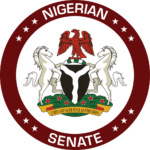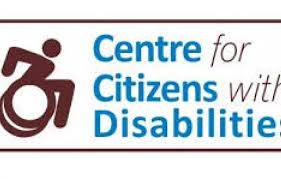By Diana Omueza
Centre for Citizens with Disability (CCD) says disability audit of Ministries, Departments and Agencies (MDAs) is imperative for significant compliance with the Discrimination against Persons with Disabilities Prohibition Act 2018.
Mrs Florence Chima-Austine, CCD Interim Head told the News Agency of Nigeria (NAN) on Thursday in Abuja, that there was evidently poor implementation and compliance to the National Disability Law.
A disability audit is an investigation assessment on the plans, policies, and programmes of organisations to ascertain the level of compliance on the provisions of the national disability law and to foster enforcement where necessary.
It is also both the physical assessment of structures and the technical assessments of policies to ensure inclusivity.
Chima-Austine said that the poor compliance rate of the Act was at all levels of government including private institutions across the country.
This, she said, was due to lack of audit and accountability on the roles and mandates of MDAs in ensuring inclusivity.
“Disability audit across MDAs is long overdue; there are poor or lack of synergy between state and non-state actors in the promotion of awareness about the existence of the law.
“There is also lack of local framework on disability inclusion and promotion of the rights of Persons with Disabilities (PWDs) at all levels of government and private establishment across the country.
“It has therefore become very imperative for a disability audit of MDAs and a comprehensive assessment to determine the level of inclusivity in their plans, policies and programmes,’’ she said.
Chima-Austine said that there was an urgent need for inclusive financial bills by the legislature, and introduction of incentives to companies and institutions demonstrating high level of inclusivity.
This, she said, was due to the low disability budgetary allocations to MDAs which also pose significant challenge on the functionality and overall mainstreaming of disability matters into programmes and activities.
According to her, the Federal Government should explore models similar to those in Zambia and South Africa, where incentives are provided to companies demonstrating commitment to inclusivity.
She called for collaboration with traditional and religious institutions on innovative approaches to create awareness on the law and improve compliance.
Chima-Austine said the high knowledge gap on disability inclusion among community gatekeepers, especially amongst traditional and religious leaders was also an impediment to compliance and implementation.
“The educational institutions also do not have the full awareness on issues of disability.
“Creating awareness or implementing the law and this exacerbates the socio-cultural bias and harmful practices perpetrated against PWDs across the country,’’ she said.
She urged stakeholders in the disability community not to relent in creating awareness on the law and advocate for its implementation.
Chima-Austine also called for the use of innovation in showcasing success stories as motivational tools.
The CCD Interim Head urged government agencies, civil society organisations (CSOs), and organisations of PWDs to collaborate and sensitise the public on the law, the need for compliance and penalties. (NAN)
=======
Edited by Dorcas Jonah/Isaac Aregbesola
2024-01-25












